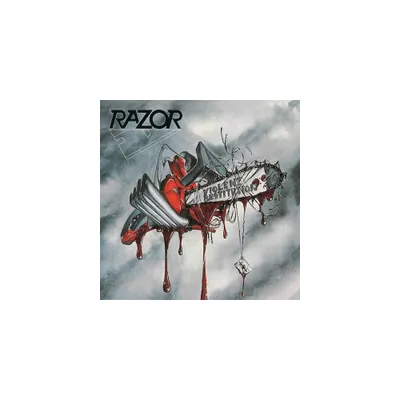Home
Out Of The Abyss: Before Leviathan [Splatter Vinyl]
Loading Inventory...
Barnes and Noble
Out Of The Abyss: Before Leviathan [Splatter Vinyl]
Current price: $34.99
![Out Of The Abyss: Before Leviathan [Splatter Vinyl]](https://prodimage.images-bn.com/pimages/4251267712670_p0_v1_s600x595.jpg)
![Out Of The Abyss: Before Leviathan [Splatter Vinyl]](https://prodimage.images-bn.com/pimages/4251267712670_p0_v1_s600x595.jpg)
Barnes and Noble
Out Of The Abyss: Before Leviathan [Splatter Vinyl]
Current price: $34.99
Loading Inventory...
Size: CD
*Product Information may vary - to confirm product availability, pricing, and additional information please contact Barnes and Noble
As partly hinted by its title, 1988's
Out of the Abyss
was to signify a homecoming of sorts for
Manilla Road
, following the traumatic recording of its predecessor,
Mystification
, in the unfamiliar environs of Memphis a year earlier, and the release of their first live album,
Roadkill
, as well. Now, for their seventh studio album, the Wichita, KS-based trio was back to producing itself at its favored
Miller Studios
; only, strangely,
came out sounding very unlike
, and the production was largely to blame. Simply put, it was ultra-compressed and rather lacking on the bottom end for what was at the time perceived to be a "
thrash
-friendly" sound, and therefore well suited to dominant
speed metal
romps like
"Whitechapel,"
the title track,
"Black Cauldron,"
and the excellent
"Slaughterhouse,"
as well as drummer
Randy Foxe
, who puts in an absolutely commanding performance. Different, but hardly a calamity, in other words, but whoever it was that suggested vocalist/guitarist
Mark Shelton
should add glass-shattering falsetto screams (first assaulting the ears on the otherwise solid
"Rites of Blood"
) to his vocal arsenal needed his head examined. Sure, many
heavy metal
vocalists were guilty of such a stunt in the late '80s, but that doesn't mean it wasn't a misguided and, worse, instantly dating characteristic. Those issues aside,
found
Shelton
relying heavily on
Lovecraft
's Cthulu mythos for inspiration and, to a lesser degree, horror master
Clive Barker
(
"Midnight Meat Train"
) and
Jack the Ripper
(the aforementioned
"Whitechapel"
). Lovingly adorned with his usual ear for lyrical expression, these greatly enhance the album's overall appeal, but one cannot dismiss standout cuts like
"Return to the Old Ones,"
"War in Heaven"
(set apart by that much loved
majesty of yore), and astounding closer
"Helicon"
(which grows from surprisingly subdued origins into a powerhouse six-string catharsis). And that's why, for all its less successful choices, it's still impossible to outright pan
. For one, it captures
at a very unusual -- and quite possibly flat-out heaviest -- point in their career, but it also shows a band gutsy enough to experiment with new styles and sounds, if these felt right for their musical vision at the time. ~ Eduardo Rivadavia
Out of the Abyss
was to signify a homecoming of sorts for
Manilla Road
, following the traumatic recording of its predecessor,
Mystification
, in the unfamiliar environs of Memphis a year earlier, and the release of their first live album,
Roadkill
, as well. Now, for their seventh studio album, the Wichita, KS-based trio was back to producing itself at its favored
Miller Studios
; only, strangely,
came out sounding very unlike
, and the production was largely to blame. Simply put, it was ultra-compressed and rather lacking on the bottom end for what was at the time perceived to be a "
thrash
-friendly" sound, and therefore well suited to dominant
speed metal
romps like
"Whitechapel,"
the title track,
"Black Cauldron,"
and the excellent
"Slaughterhouse,"
as well as drummer
Randy Foxe
, who puts in an absolutely commanding performance. Different, but hardly a calamity, in other words, but whoever it was that suggested vocalist/guitarist
Mark Shelton
should add glass-shattering falsetto screams (first assaulting the ears on the otherwise solid
"Rites of Blood"
) to his vocal arsenal needed his head examined. Sure, many
heavy metal
vocalists were guilty of such a stunt in the late '80s, but that doesn't mean it wasn't a misguided and, worse, instantly dating characteristic. Those issues aside,
found
Shelton
relying heavily on
Lovecraft
's Cthulu mythos for inspiration and, to a lesser degree, horror master
Clive Barker
(
"Midnight Meat Train"
) and
Jack the Ripper
(the aforementioned
"Whitechapel"
). Lovingly adorned with his usual ear for lyrical expression, these greatly enhance the album's overall appeal, but one cannot dismiss standout cuts like
"Return to the Old Ones,"
"War in Heaven"
(set apart by that much loved
majesty of yore), and astounding closer
"Helicon"
(which grows from surprisingly subdued origins into a powerhouse six-string catharsis). And that's why, for all its less successful choices, it's still impossible to outright pan
. For one, it captures
at a very unusual -- and quite possibly flat-out heaviest -- point in their career, but it also shows a band gutsy enough to experiment with new styles and sounds, if these felt right for their musical vision at the time. ~ Eduardo Rivadavia
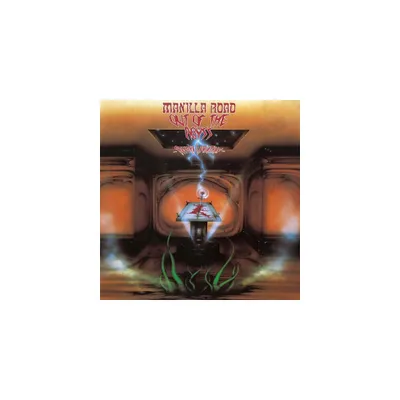
![Meltdown [Splatter Vinyl]](https://prodimage.images-bn.com/pimages/4050538786637_p0_v2_s600x595.jpg)
![Earthwrecker [White Splatter Vinyl]](https://prodimage.images-bn.com/pimages/4059251077824_p0_v1_s600x595.jpg)
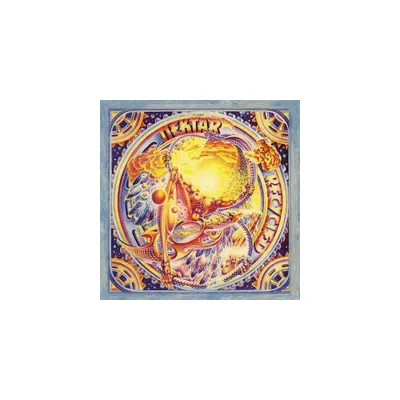
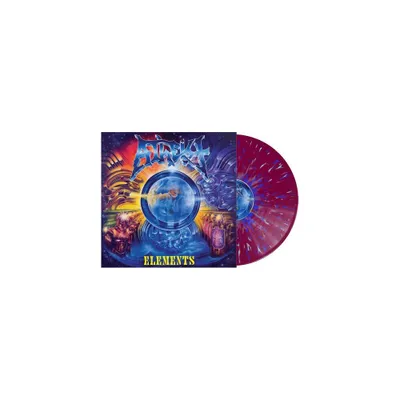
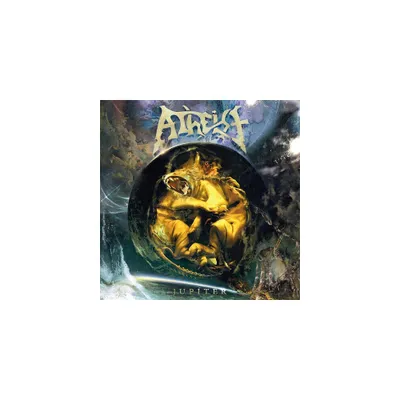
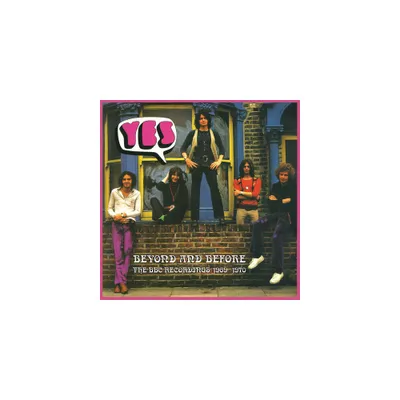
![The The Circus Maximus [Splatter Vinyl]](https://prodimage.images-bn.com/pimages/4251267716821_p0_v1_s600x595.jpg)
![Torment in Fire [Splatter Vinyl]](https://prodimage.images-bn.com/pimages/4251267711826_p0_v2_s600x595.jpg)
![Prepare To Die [Splatter Vinyl]](https://prodimage.images-bn.com/pimages/4251267714209_p0_v1_s600x595.jpg)
![Go for the Throat [Splatter Vinyl]](https://prodimage.images-bn.com/pimages/4251267714230_p0_v1_s600x595.jpg)
